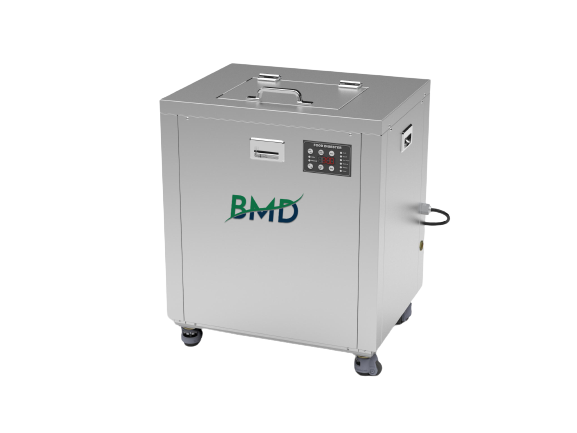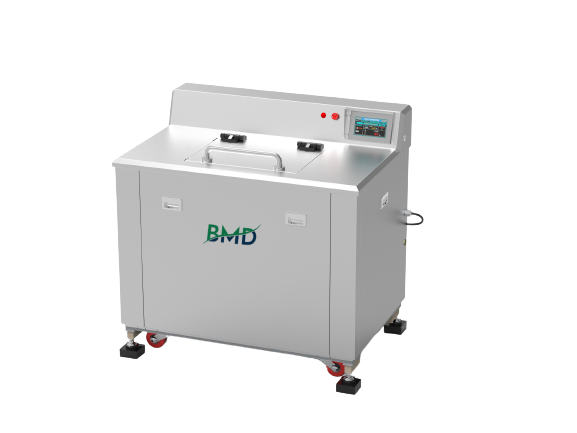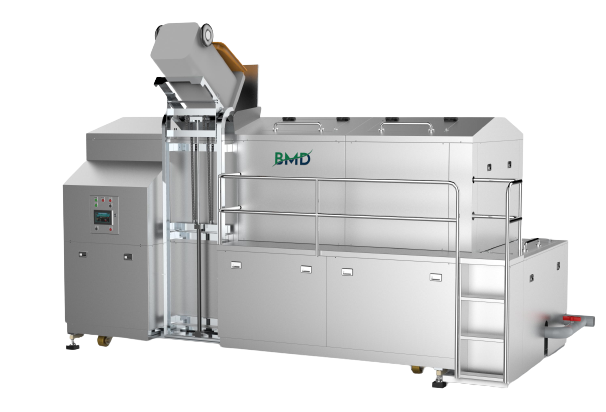How our food composters work
The Bio Materials Digester (BMD). As you navigate the challenges of food waste management, our BMD food composters offers an innovative approach through its advanced enzymatic aerobic digestion technique.
About BMD – Breaking Barriers in Food Waste Management
Unlike traditional food composters, the BMD doesn’t yield compost as a final product. This unique approach eliminates the need for additional waste management, reducing workload and hassle. Our tailored machines are designed to handle not only solid food waste but also liquid products like soups and sauces. Through our enzymatic process, we break down these food products into smaller, manageable components, a feat unmatched by any other liquid food digester in the market.
Enzymatic Aerobic Digestion: Unveiling the Process
The BMD machine’s expertise lies in its ability to break down food waste fast and efficiently through enzymatic aerobic digestion. This process harnesses the power of our special enzymes mixes in combination with our machine and a monitored process to transform complex organic compounds into simpler components.
Enzymes, the catalysts of the natural world, take center stage in this process. Our unique enzyme mixes are specially developed for the BMD machine, and target specific organic molecules in the food waste, initiating their breakdown. Proteases tackle proteins, lipases address fats, and carbohydrases handle carbohydrates. As a result, large, complex molecules are transformed into smaller, more manageable fragments.





